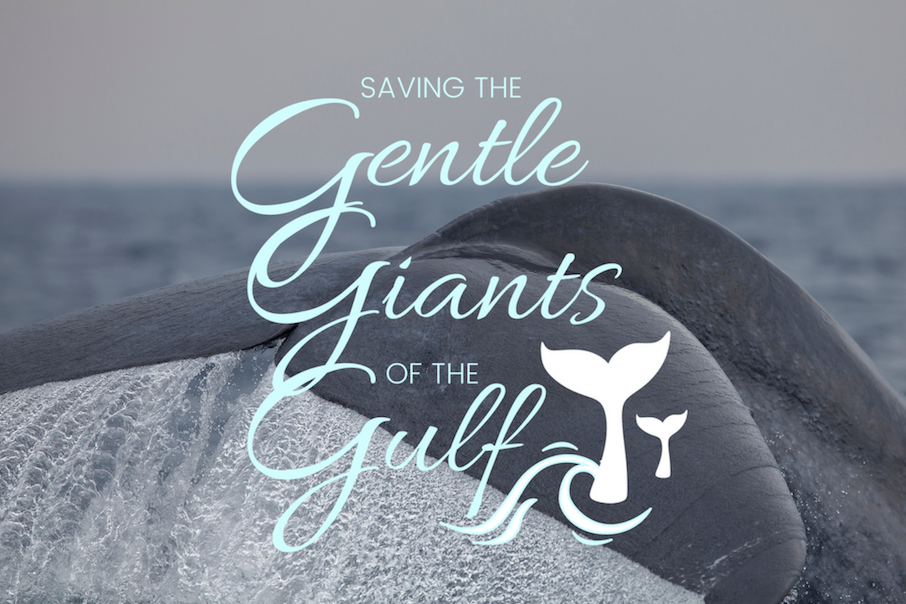
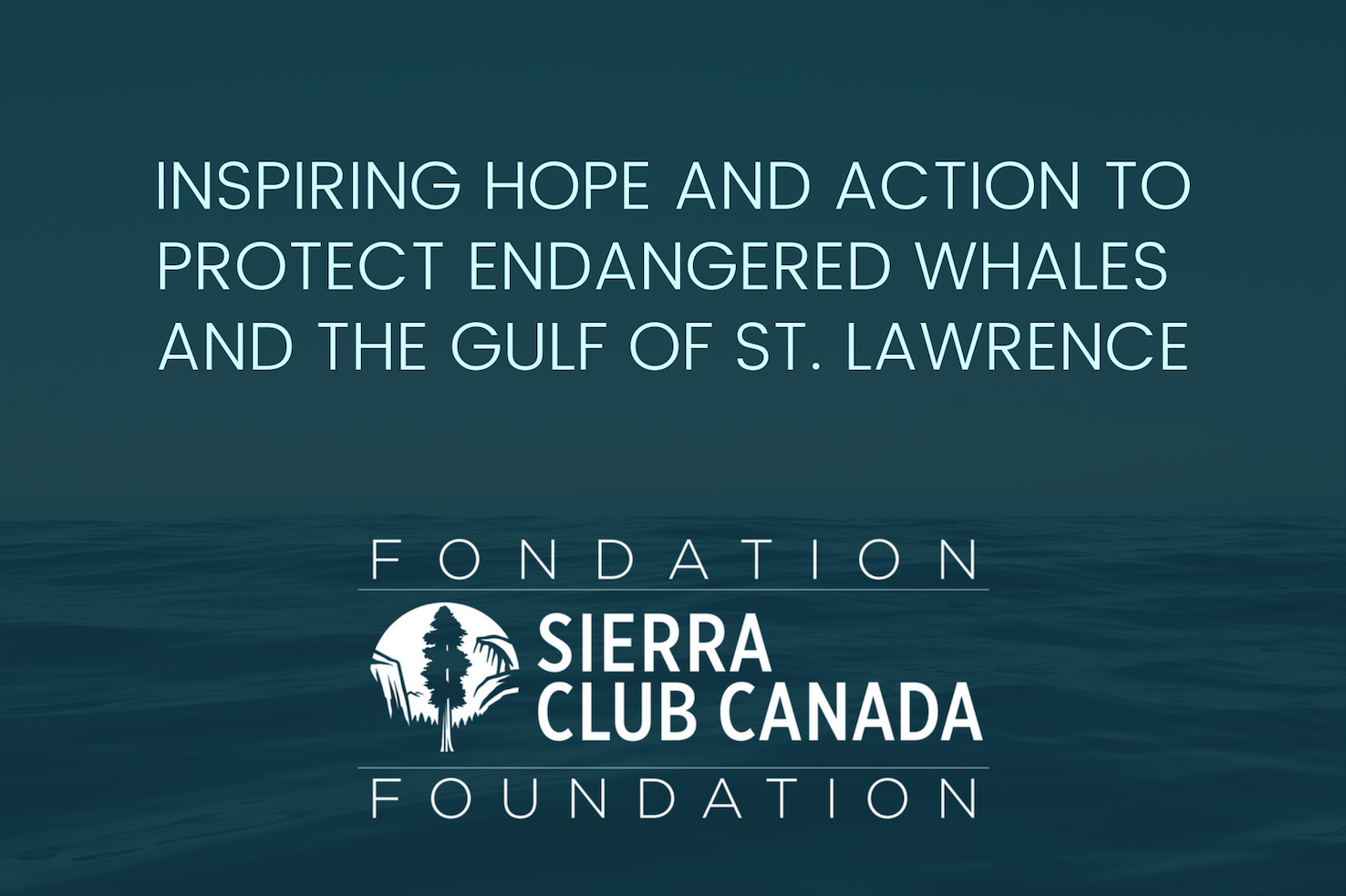
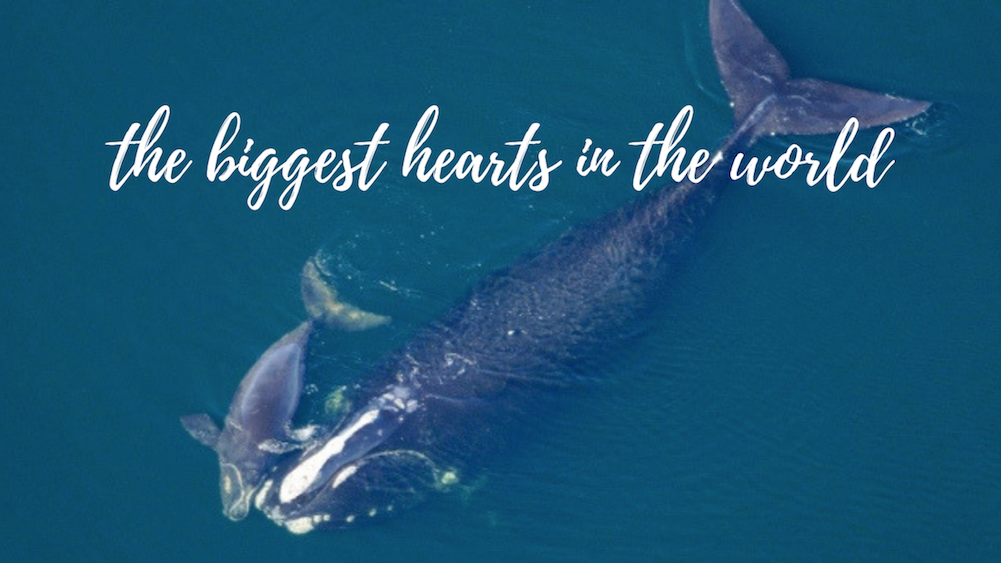
She carries her growing belly for nearly a year, and the moment her calf emerges she instinctively nudges the baby to the surface for its first precious breath.
With the stillness of a resting butterfly, she floats, allowing her new baby to feed on the heavy fat-rich milk that instantly provides life-sustaining food for her newborn.
Skin-to-skin, her baby tucks in for comfort and safety, staying close, while her mother watches and listens – for predators, advancing danger, the piercing blasting industrial acoustics that rock her ears and shatter her senses.
Her calf knows nothing of the threats that loom all around them - only the maternal bubble of protection that surrounds her.
In these fabled coastal waters, with every turn of her calf, every movement the baby makes - her subtle stirring when latching on - her mother knows exactly where her baby is.
They are here because her mother’s ancient memory - and the memory of all the mothers before - tells her to come here.
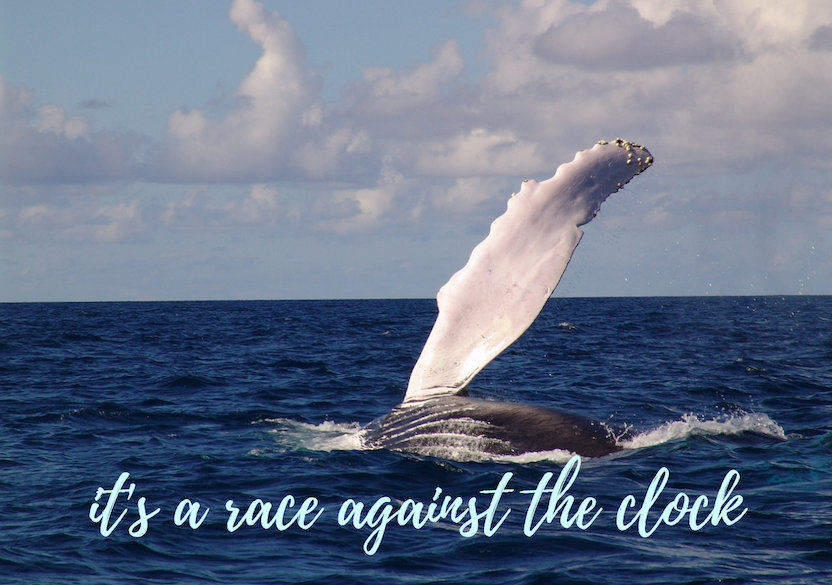
THE ISSUE
Protecting vital ecosystems and coastal communities of the Gulf of St. Lawrence from a multitude of threats - including negative impacts from climate change, expanding oil and gas development, seismic blasting, and ship strikes, to name a few - is critical to the continued survival of endangered right whales and blue whales, and other precious marine life.
We need to inspire engagement to prevent further fatalities from these threats that are claiming the lives of important members of the critically endangered right whale population and other species.
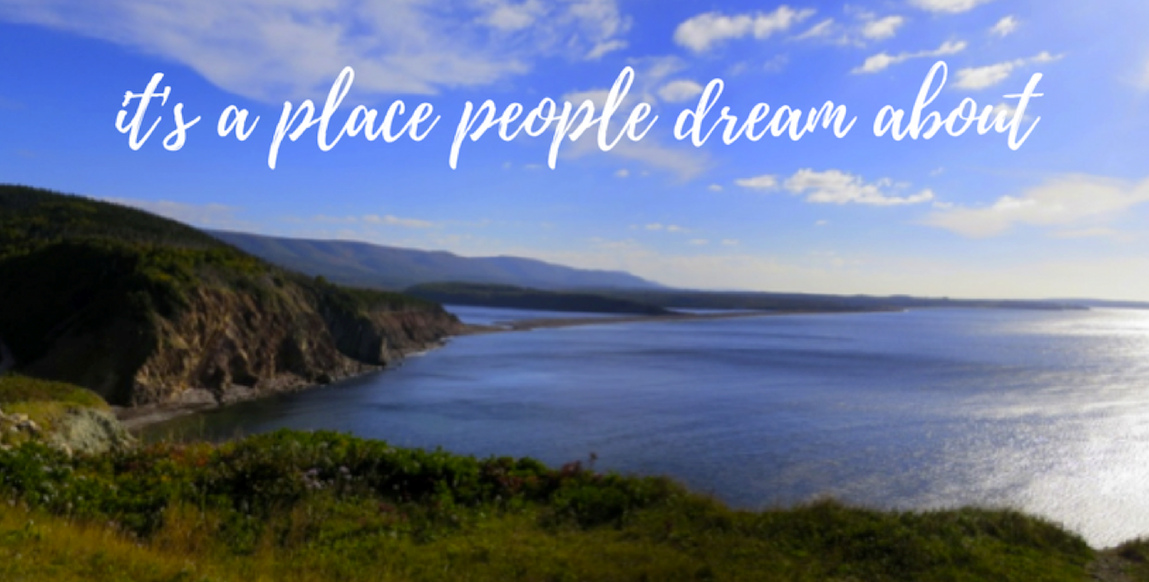
THE GULF
The Gulf of St. Lawrence is the most biodiverse and productive marine ecosystem in Canada and one of the richest in the world. And it is simply one of the most beautiful places on earth.
It is a semi-enclosed sea, making its water and its residents particularly vulnerable to ecological shifts and ecological degradation.
Because of climate change, industrial activity and pollution, oxygen rates in the deepwater of the Gulf – have dropped, and fish cannot thrive as they once did. In addition, the surface water is warming and becoming more acidic, affecting aquatic life and food sources.
It is also a busy shipping route, with nearly 8,000 commercial ship transits per year.
A major oil spill in the Gulf of St. Lawrence would cripple marine life and affect the livelihoods and economies of the 5 surrounding provinces, and beyond.
The Gulf of St. Lawrence is home to many cetaceans, including humpback whales, North Atlantic right whales (endangered), blue whales (endangered) fin whales, minke whales, belugas (endangered), harbour porpoises, and several dolphin species.
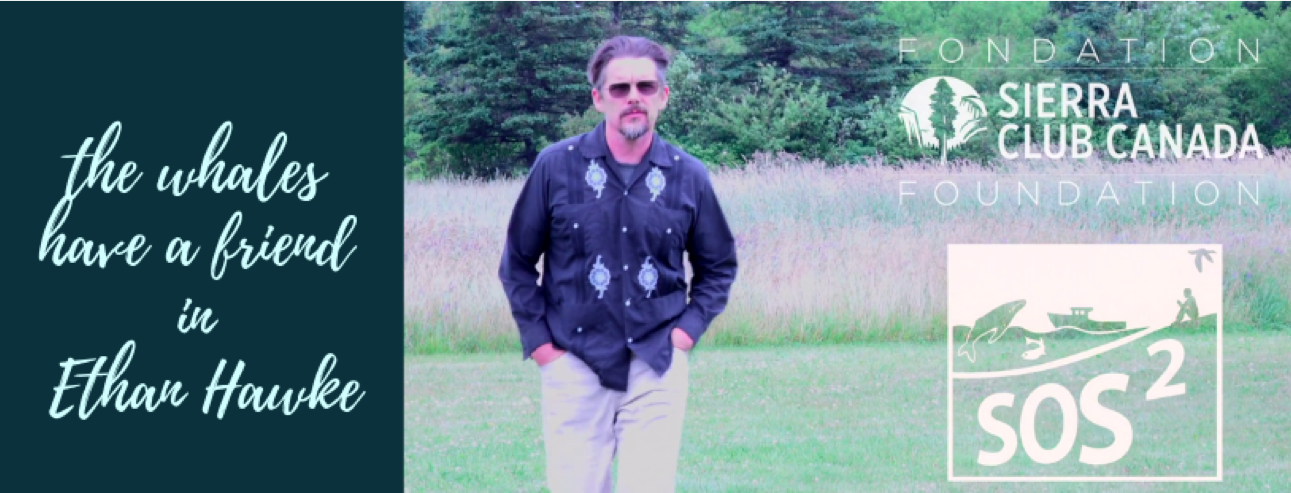
Internationally acclaimed actor, writer, director and producer Ethan Hawke is calling for an end to seismic blasting and oil and gas exploration in the Gulf of St. Lawrence, in a short film,The Vanishing Call of the Right Whale.
"I am a resident of the Gulf of St. Lawrence, and like most people, I have been in love with whales since I first discovered them when I was a little kid," says Ethan. “I'm asking people to join with me to demand a stop to seismic blasting - before it is too late. I hope Canadians and people from across the globe will team up with us to protect the beautiful and irreplaceable Gulf of St. Lawrence and its whales from this mindless destruction."
“According to right whale experts, seismic surveys, used to detect oil and gas deposits under the sea floor, are the loudest human produced noise after nuclear explosions,” states Hawke. “Hearing is as critical to whales as vision is to us. Whales depend on sound for all their life functions. The blasts blind the whales so they can’t give or receive the calls they need to survive: they can’t orient themselves, find food, find a mate, or their calves; they wander out of their habitat, they blunder into fishing gear and ships. Scientists warn us that if seismic blasting is allowed to proceed, it will very likely cause the right whale to go extinct. We simply cannot allow this to happen,” he says.
“This calving season saw seven new babies born in this population of right whales, while the previous year, not one calf was born. We cannot overstate the significance of these special births and the need to protect these nursing calves and their mothers, as they return to Canadian waters,” says Gretchen Fitzgerald, National Program Director with Sierra Club Canada Foundation.

For millennia, whales have sought the safety and sanctuary of the Gulf of St. Lawrence and the Atlantic coast.
But right now, our Gulf waters – the northern nursery and sanctuary for endangered right whales, endangered blue whales, and humpback whales, to name a few – are increasingly threatened.
Industrial development and noise, the crushing effects of seismic testing on their sensitive acoustic make-up, polluted waters, increased shipping and ships strikes - are just some of the threats these beautiful whales face.
These whales are on the brink. But with the right combination of resources, expertise and urgent mobilization, we can protect them now — and work to protect their future.
In recent years, there is growing alarm that the Gulf of St. Lawrence is under threat from climate impacts and pollution. A study released in 2018 showed that the Gulf is one of the most climate-threatened marine ecosystems on the planet and warming in the Gulf is and will continue to result in hypoxic or low oxygen levels that right now threaten marine life and the communities that rely on fishing, tourism and a healthy, viable marine ecosystem.
Right whales and blue whales who migrate to the Gulf are and will continue to be harmed by such conditions. With numbers of just hundreds of individuals, lack of food sources caused by hypoxia could be the final blow for these critically endangered whales.
For decades, we have worked with a broad coalition of environmental organizations, tourism operators, fishing groups and indigenous leaders to support action to protect the Gulf. These groups require tools to engage members, encourage strategic actions and heighten awareness of the need to protect the Gulf.
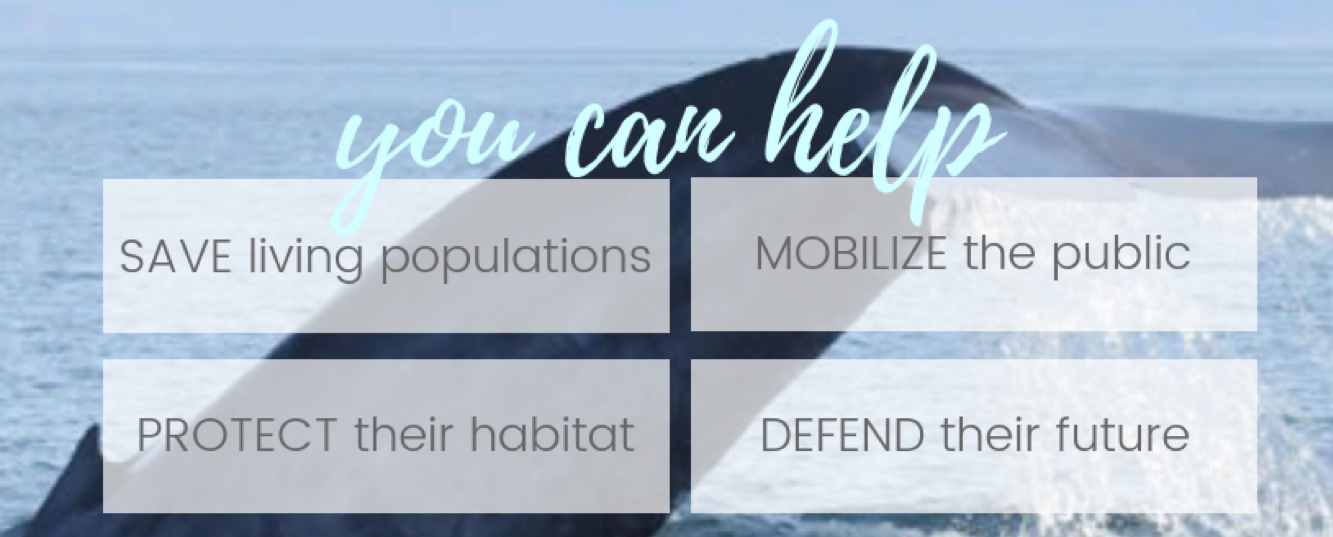
Sierra Club Canada Foundation has acted as a premier advocate for whales and the Gulf of St. Lawrence, positioning us as a resilient and recognized voice for marine mammals inhabiting this critical region. The whales of the Gulf are at a precipice and we must step up our actions to help propel urgent changes that will determine their survival and ensure vital protection of their habitat.
Sierra Club Canada Foundation has recognized that only with the combined efforts of advocacy, outreach, and philanthropic leadership can we influence the urgent changes necessary to save the whales of the Gulf and their important habitat.
Campaign Objectives:
- Increase public awareness regarding the need to protect the Gulf of St. Lawrence including the impacts of climate change, ship strikes, seismic blasting and other threats to whales and marine populations
- Develop a well-resourced and connected coalition of allies and activists engaged in efforts to protect and restore whale and fish populations in the Gulf of St. Lawrence
- Secure a commitment on the part of federal, indigenous and provincial governments to develop a comprehensive plan to protect and restore the Gulf of St. Lawrence, including critical habitat for marine mammals.
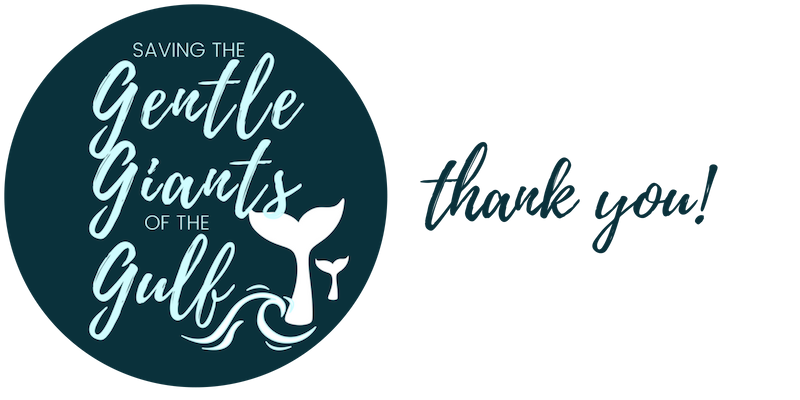
While it is careless human activity that is causing startling harm to these whales and their habitiat in the Gulf, it will be thoughtful and urgent human activity that can save them and provide needed protections for them now -- and for generations to come.
I hope you will join me in this important endeavour.
For the detailed campaign plan and budget, please contact Melissa Munro - Director of Development and Communications at Sierra Club Canada Foundation.
Kindest thanks,
Nick Bakish
Director, Wealth and Portfolio Manager, Richardson GMP Ltd.
Past President - Sierra Club Canada Foundation

